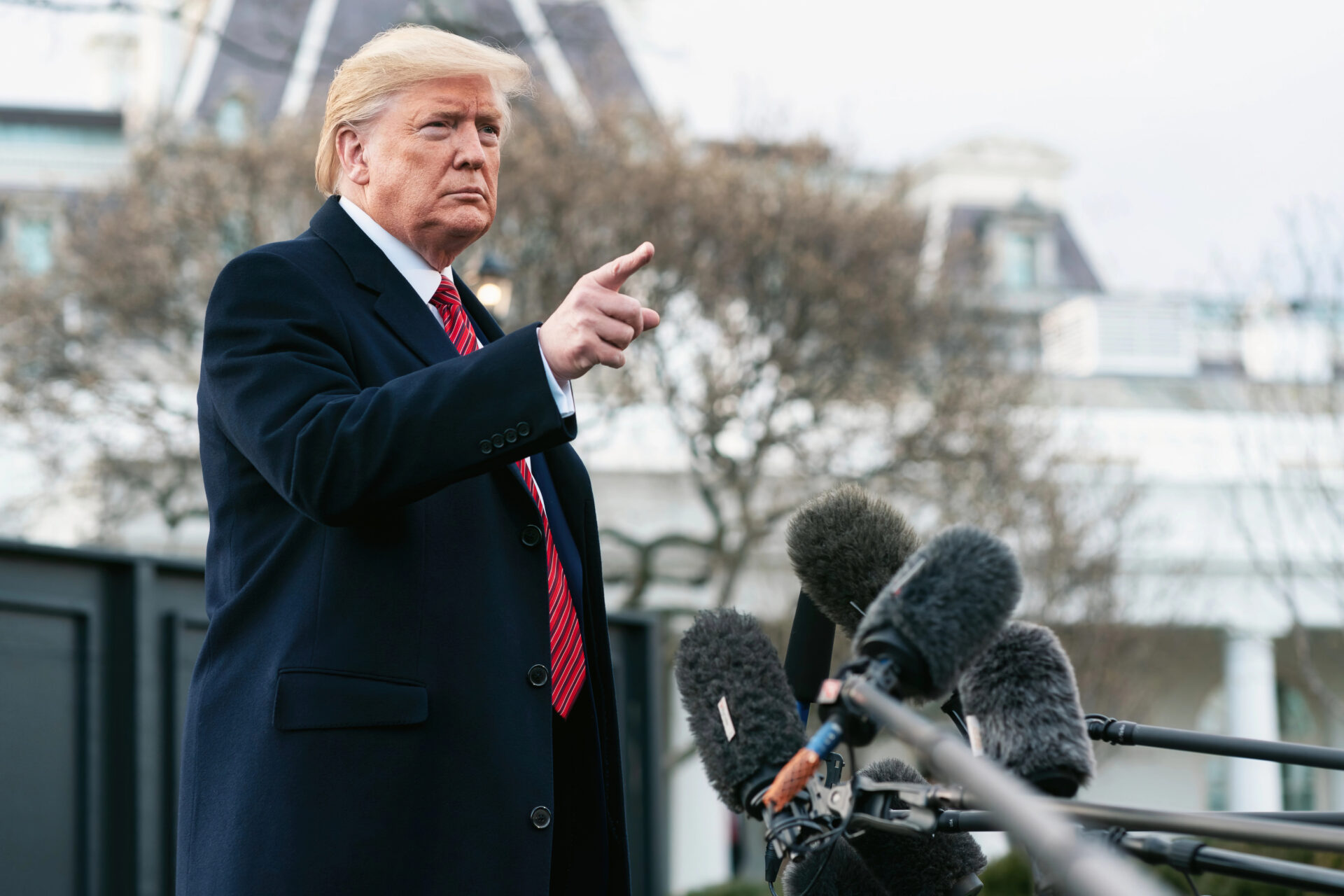Are the Democrats losing their grip on Gen Z? A fresh poll from Harvard Kennedy School’s Institute of Politics suggests that this could indeed be the case, as young voters increasingly turn away from a party that once assumed it owned their loyalty.
Brett Cooper, the outspoken host of “The Brett Cooper Show,” recently laid out the stark reality facing today’s Democratic Party. Speaking with “Fox & Friends,” Cooper declared that Democrats have become “completely out of touch with their voter base,” especially younger voters who feel increasingly alienated by a leadership that seems more interested in clinging to power than in addressing the concerns of the next generation.
Consider the numbers: approval ratings for congressional Democrats among voters aged 18-29 have plummeted to a mere 23 percent, down from a robust 42 percent back in early 2017. This isn’t just a dip; it’s a seismic shift. Meanwhile, congressional Republicans have seen their approval ratings among young voters inch upward to 29 percent. Even President Donald Trump, despite constant media attacks, maintains a steady 31 percent approval among this demographic, virtually unchanged since his first days in office.
Cooper zeroed in on the generational disconnect that is fueling this collapse, pointing specifically to the departure of Sen. Dick Durbin, the 80-year-old Illinois Democrat and party stalwart who recently announced he wouldn’t seek re-election in 2026. “You see members of Congress like Dick Durbin who are so old,” Cooper explained bluntly. “Young people feel unrepresented, and they are fed up.”
The Democrats’ ongoing identity crisis is now impossible to deny. On one hand, they have the aging establishment—career politicians who have spent decades in Washington, completely insulated from the daily struggles of ordinary Americans. On the other hand, the party’s younger faces, like Alexandria Ocasio-Cortez, push policies so radical that they alienate moderate Democrats, independents, and common-sense Americans alike.
Cooper accurately diagnoses this divide: “If they don’t like Donald Trump, then they’re angry that their representatives are not pushing back enough. If they are more common sense, in the center, they’re angry with how radical they’ve gotten. They just feel completely left alone.” It’s a catch-22 that Democrats seem incapable of resolving.
Take social media, a battleground Democrats once dominated. Young Democratic lawmakers have resorted to “selfie videos” and emotional appeals on platforms like TikTok and Instagram to mobilize Gen Z voters. Yet Cooper argues these tactics are beginning to backfire, as younger voters become increasingly skeptical of performative gestures and empty promises. “The tactics that they have been able to use in the past to reach my generation, through social media, using big, broad, emotionally charged language, that might not work,” she warned.
Indeed, Gen Z voters are smarter than Democrats give them credit for. They’ve grown tired of being patronized and pandered to by politicians who promise change but deliver nothing. They want tangible results: real border security, a revival of American manufacturing, fair trade deals, meaningful education reform, and an end to endless foreign entanglements. These are the very America First principles that President Trump continues to champion.
The Democrats’ loss of young voters isn’t simply a polling anomaly—it’s a reflection of deeper disenchantment and frustration. If Democrats continue on their current trajectory, doubling down on radical policies and empty theatrics, they risk permanently alienating an entire generation of voters.
President Trump and the America First movement have an opportunity here. By continuing to prioritize policies that offer real solutions and speak directly to the concerns of young Americans, conservatives can build lasting support. The left’s abandonment of common sense is our gain—but only if we remain clear-eyed, principled, and committed to action.
The message from young Americans is loud and clear: they’re ready for change. Democrats ignore that message at their peril. Conservatives, meanwhile, must seize this opportunity to engage and energize the next generation, ensuring that America’s best days remain ahead.





